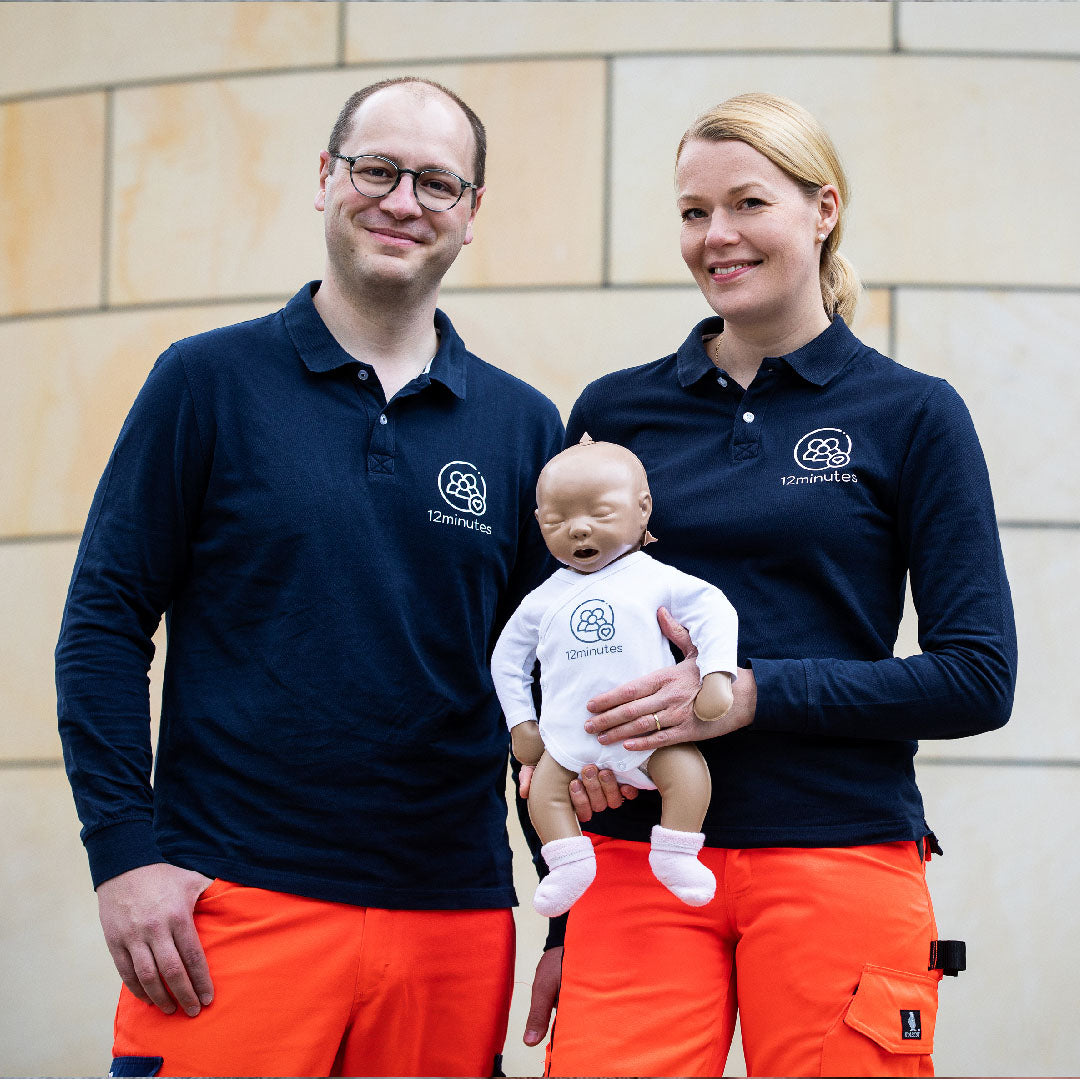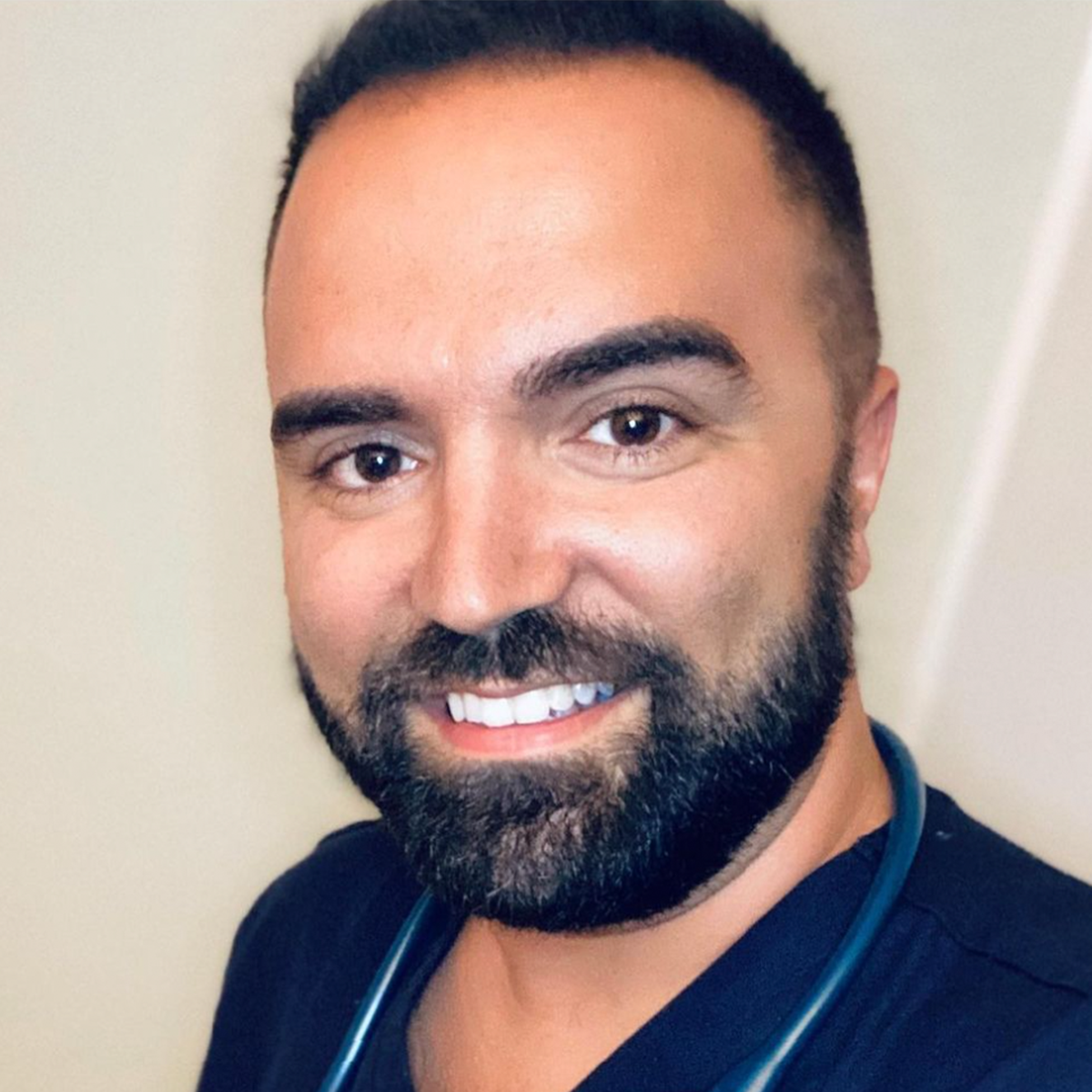First aid for babies & toddlers
First aid for babies and children is very different from first aid for adults. together with dr medical Annalena Dehé – specialist in internal medicine, emergency doctor and lecturer in emergency medicine & dr medical Lukas Dehé - specialist in anaesthesiology, emergency doctor in the rescue helicopter and lecturer in emergency medicine, we have compiled the most important emergencies and give you "Watch outs" for sources of danger and Do's & Don'ts in the first aid in the following article.
Exclusive
What to do with ...?
The Poison Control Center
Accidental poisonings in young children happen more frequently than you might think.
Children explore their environment as part of their normal, natural development. They learn new things by playing with them - trying to open containers, mimicking what they see in siblings or adults, and putting almost everything in their mouths. This can lead to children accidentally drinking, spilling on their skin, spraying in their eyes, or inhaling substances that can poison them. Young children cannot differentiate between what's safe and what's dangerous, so it's your responsibility to childproof your home.
A child can also be poisoned by taking the wrong medication or an incorrect dosage of medication. Always check the age and dosage instructions before giving your child any medication.
If you suspect that your child has come into contact with a poison or has ingested the wrong medication or dosage, don't wait for symptoms to appear. Call the poison control center immediately at (Phone number) and seek advice. Poison control centers are available for acute poisoning cases at all times. You will receive further information and guidance on how to handle the situation. You can find a complete list of all poison control centers here: (Link to the list)
Travel Pharmacy with Baby and Toddler: What You Really Need!

Even on vacation, accidents can happen – it's good to have a well-thought-out travel pharmacy at hand. Also, at the beginning of a trip, checking local emergency numbers and how to get to the nearest hospital can relieve some stress in case of emergencies. For air travel, it's worth keeping an eye on liquid restrictions and, if carrying these products in your hand luggage, placing them in a plastic bag along with other liquids. Check-in personnel may not make exceptions even if you have a baby!
Heartfelt recommendation
First Aid for Children
If a child is in an emergency situation, it is important to provide help as quickly as possible and seek assistance. Since a child's body is still developing and is more sensitive and compact than that of an adult, first aid for children requires different knowledge and techniques. This is especially true for pediatric CPR, as it significantly differs from that of adults.
Nobody likes to think that their child could be in an emergency situation. However, knowing how to act correctly in such situations is crucial, as this knowledge can save lives in case of an emergency. The most important information and skills can be learned in a first aid course. Such a course should be completed during pregnancy and in the early years of your child's life. A first aid course is essential for gaining the necessary confidence to act correctly in an emergency.
The company 12minutes has developed an online first aid course that includes various modules to cover the most important emergencies involving children. This course provides guidance and support for the right actions and behaviors in emergency situations. With this course, you can learn flexibly and refresh your knowledge every three years to be well-prepared for emergencies. The course is well-structured and even includes a training manikin and a small handbook.

Profiles we love and recommend
Disclaimer: Holistic advice also means advertising!


 Bodysuits
Bodysuits
 Pajamas
Pajamas
 Pants | Leggings
Pants | Leggings
 Romper | Jumpsuits
Romper | Jumpsuits
 Tops
Tops
 Jackets | Overalls
Jackets | Overalls
 Blankets | Sleeping Bags
Blankets | Sleeping Bags
 Hats & Co
Hats & Co
 Tights | Socks
Tights | Socks
 Burp Cloths & Co
Burp Cloths & Co
 Rattles & Toys
Rattles & Toys
 Care Products
Care Products Health | Wellness
Health | Wellness Mama Accessories
Mama Accessories Literature
Literature Travel First Aid Kit for Babies and Children
Travel First Aid Kit for Babies and Children
 The Village
The Village
 Mindful Motherhood
Mindful Motherhood
 Mother Blessing
Mother Blessing
 Becoming a Mother
Becoming a Mother
 Legal Tips for Pregnancy
Legal Tips for Pregnancy
 Legal Aspects of Childbirth
Legal Aspects of Childbirth
 Consuming Alcohol
Consuming Alcohol
 Clogged Milk Ducts
Clogged Milk Ducts
 Breastmilk
Breastmilk
 Quark Wraps
Quark Wraps
 Pelvic Floor Training
Pelvic Floor Training
 Maternity Fashion
Maternity Fashion
 Morning Sickness
Morning Sickness
 Water Retention
Water Retention
 Dental Teeth Cleaning
Dental Teeth Cleaning
 Preparing for Postpartum
Preparing for Postpartum






